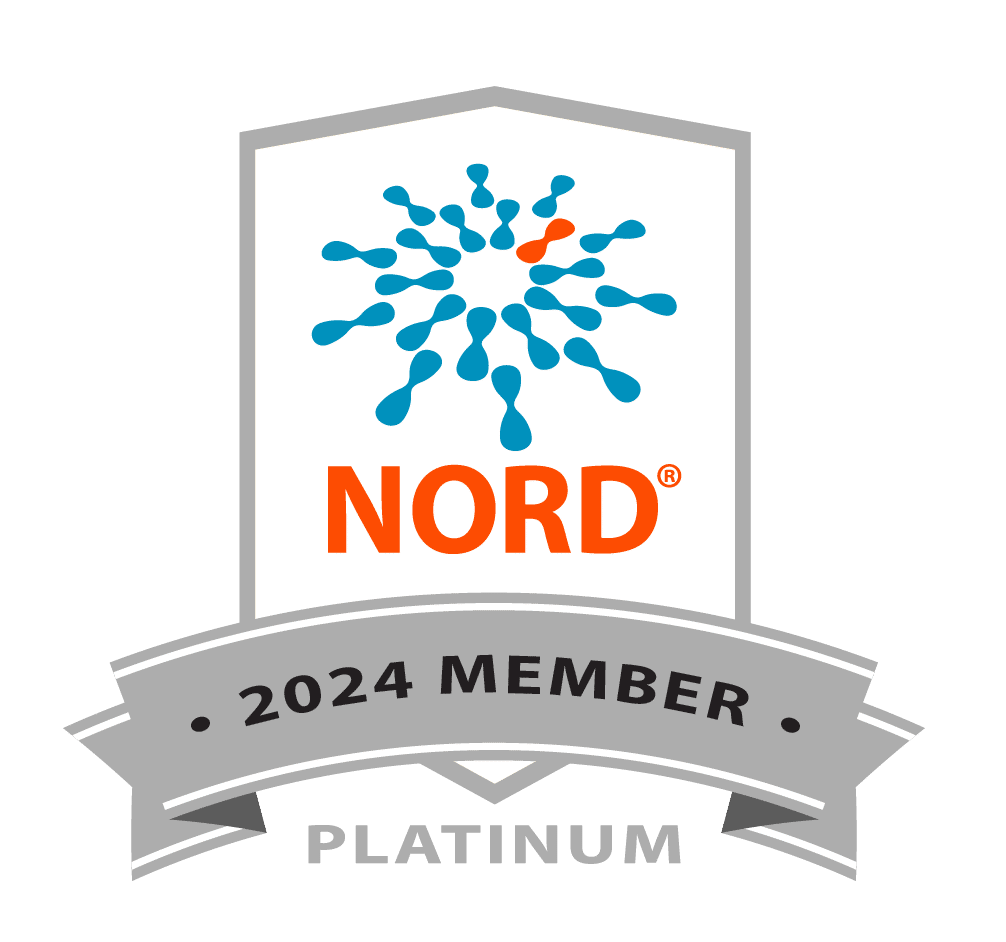“We are grateful for Vertex’s expedited and direct communication with the Alpha-1 Community in releasing the attached statement about discontinuing their clinical trial of VX-814 targeting the small molecule correction of alpha-1 antitrypsin deficiency (AATD). Vertex has assured us that they remain fully committed to Alpha-1 and will continue their research in therapeutic development studying other molecules targeting the underlying cause of AATD. Their perseverance to move forward with the clinical programs using different molecules gives us great hope for Alphas,” stated Miriam O’Day, President and CEO of the Alpha-1 Foundation.
BOSTON–(BUSINESS WIRE)–Oct. 14, 2020– Vertex Pharmaceuticals Incorporated (Nasdaq: VRTX) today provided an update on its clinical programs targeting the small molecule correction of alpha-1 antitrypsin deficiency (AATD).
– Phase 2 study of VX-814 in patients with alpha-1 antitrypsin deficiency discontinued based upon safety and pharmacokinetic data –
– Phase 2 study of VX-864 continues to enroll and dose patients; data expected in H1 2021 –
– AATD research program continues to progress –
VX-814 Phase 2 Proof-of-Concept Study
Based on the safety and pharmacokinetic (PK) profile of VX-814 observed to date in a Phase 2 trial in AATD, Vertex has decided to stop dosing in the trial and will discontinue development of VX-814. The randomized, double-blind, placebo-controlled Phase 2 study of approximately 50 patients was designed to evaluate the safety and PK of VX-814, and the ability of VX-814 to increase functional levels of alpha-1 antitrypsin over 28 days of dosing. Elevated liver enzymes (AST/ALT) were observed in several patients. In four patients, across different doses studied, elevations greater than 8 times the upper limit of normal were noted; the elevated liver enzymes have either resolved or are resolving. No patients had concomitant elevation of bilirubin levels and all patients were asymptomatic. Analysis of the PK data from the study indicated that exposures achieved were low. Based on these data, Vertex concluded that it would not be feasible to safely reach targeted exposure levels, and thus meaningful increases in AAT levels, with VX-814, and the study was stopped.
“Based on the liver enzyme elevations observed, along with the determination that we would not be able to safely achieve targeted exposure levels with VX-814, we are discontinuing further development of this molecule,” said Carmen Bozic, M.D., Executive Vice President, Global Medicines Development and Medical Affairs, and Chief Medical Officer at Vertex. “We are grateful to the AATD patients and investigators who participated in the VX-814 studies and we remain committed to transforming the treatment of this disease. We look forward to continuing clinical study of VX-864 and other molecules targeting the underlying cause of AATD.”
VX-864 Phase 2 Proof-of-Concept Study
A Phase 2 trial of VX-864, which is structurally distinct from VX-814, was initiated in July 2020 and is ongoing. This randomized, double-blind, placebo-controlled study of approximately 40 patients is designed to evaluate the safety and pharmacokinetics of VX-864, and the ability of VX-864 to increase functional levels of alpha-1 antitrypsin over 28 days of dosing. Patients continue to enroll and be dosed in this study, and clinical data from this study are anticipated in the first half of 2021.
AATD Research Program
Vertex also continues to advance multiple small molecule correctors in late stage research with a goal of advancing at least one additional molecule into development in 2021.











